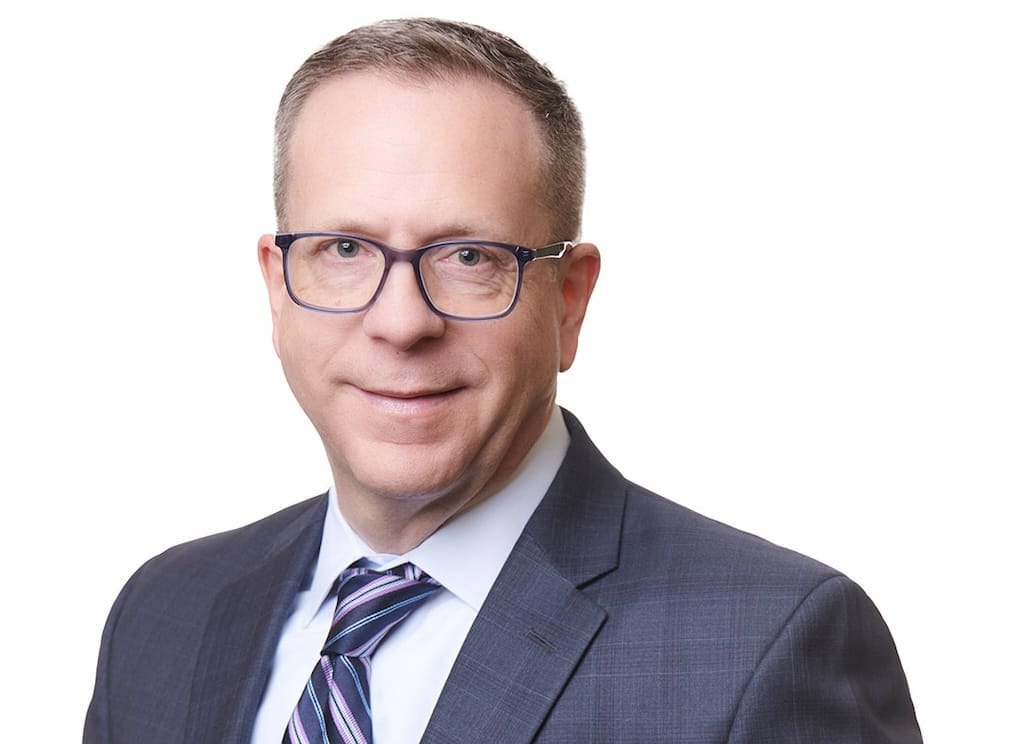TruConnect Asking FCC to Approve Lifeline Certification
The company says it could transition former ACP subscribers to other subsidized plans.
Jake Neenan

WASHINGTON, June 13, 2024 – A company offering affordable mobile wireless plans said it can’t continue providing free service to low-income customers in certain states without certification from the Federal Communications Commission. It first applied for that certification 11 years ago.
TruConnect provides low-income consumers with free mobile phone service through the FCC’s Lifeline program, a Universal Service Fund subsidy that provides qualifying households $9.25 per month off their internet bills.
The company had also enrolled customers in the agency’s Affordable Connectivity Program, which was more popular and provided $30 of monthly assistance. But the ACP expired on June 1 after Congress failed to find more funding. The shortfall left 23 million households with higher internet bills.
The company, which claims more than 600,000 customers, said it has been moving ACP customers to its Lifeline plans, which have lower data caps but remain free to users, since the ACP ran out of cash. But it can’t do so in Connecticut, Delaware, Maine, North Carolina, New Hampshire, or the District of Columbia.
That’s because a provider must get certified as an “eligible telecommunications provider” in each state it plans to participate in Lifeline. Some state governments handle that designation, but the FCC is in charge of certifying providers in the states at issue for TruConnect.
If the company had ETC certification in those states, TruConnect wrote in a May 23 filing with the agency, it could migrate more than 17,800 former ACP subscribers to its Lifeline plans and continue offering free wireless service. But the application TruConnect first submitted in 2013, and last updated in 2022, has still not been approved.
“TruConnect could transition these nearly 18,000 low-income ACP subscribers to Lifeline if the Bureau were to expeditiously grant TruConnect’s federal ETC petition for Connecticut, the District of Columbia, Delaware, Maine, North Carolina, and New Hampshire,” the company wrote. “Those customers would receive TruConnect’s Lifeline service offering of unlimited voice, text and 4.5 GB of data at no cost to the subscribers until ACP funding is restored.”
“TruConnect respectfully requests the Office of the Chairwoman to direct the Bureau to promptly review and approve its pending ETC petition,” the company wrote.
John Heitmann, a lawyer for the company, told Broadband Breakfast the delay “reveals an agency preference to limit USF expenditures on low-income consumers who qualify for and need Lifeline support to maintain a reliable monthly connection to essential communications services, including broadband.”
The FCC did not immediately respond to a request for comment.











Member discussion